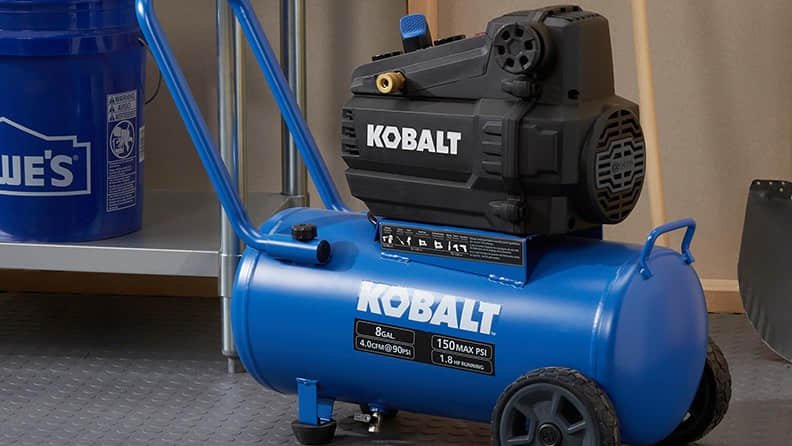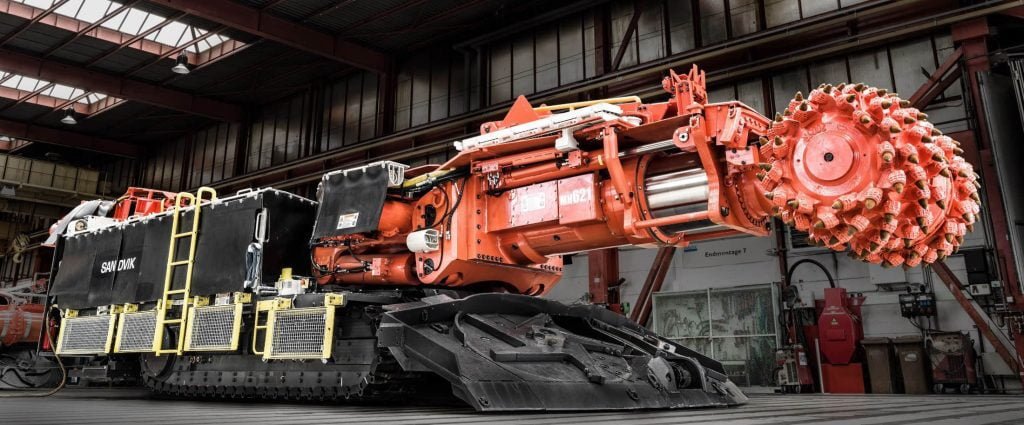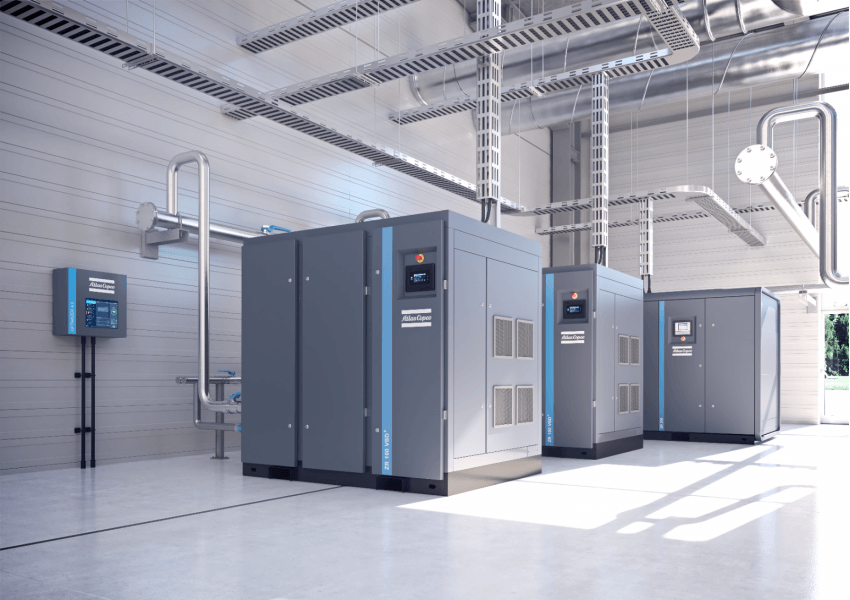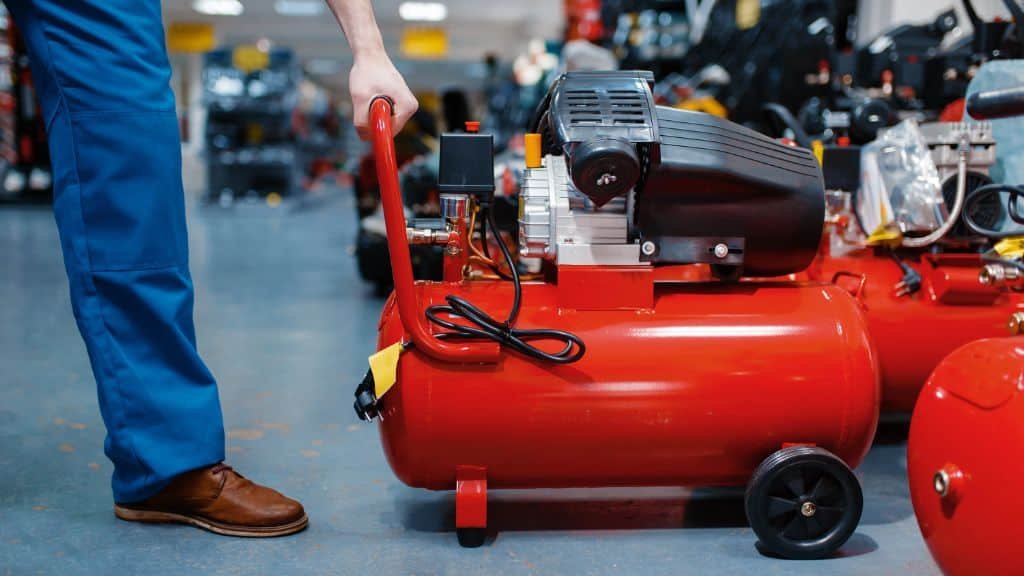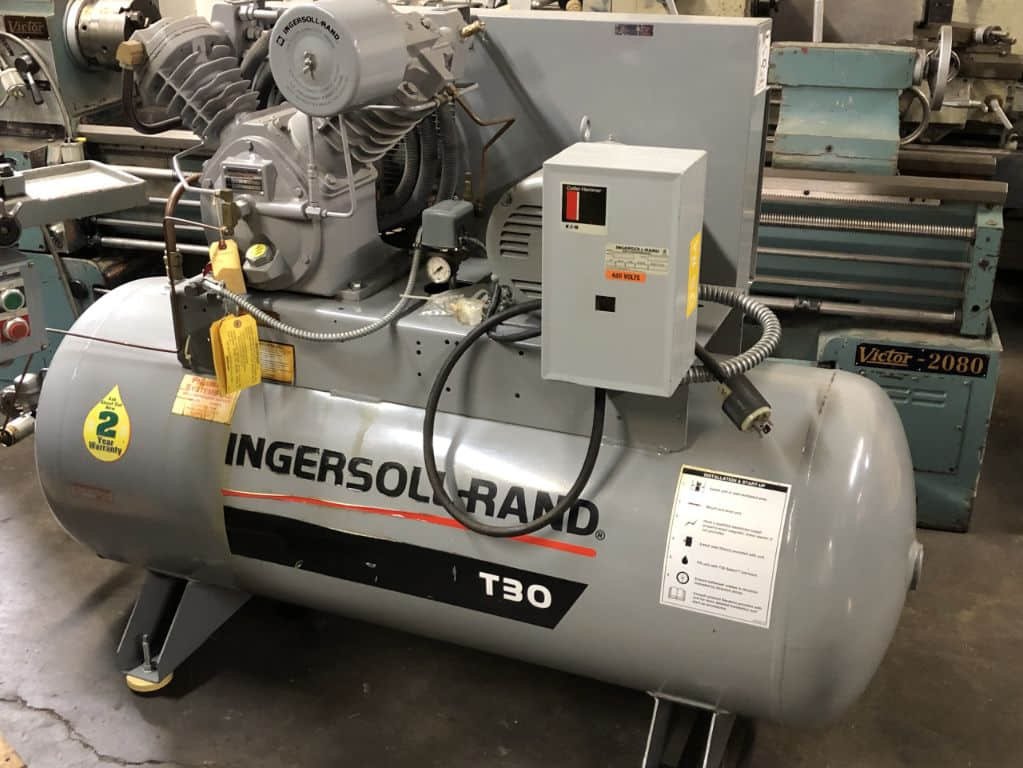Air compressors are an essential tool for many industrial applications, powering everything from assembly line conveyors to manufacturing processes and pneumatic tools. Choosing the right air compressor is crucial to meeting your specific industrial needs and ensuring optimal performance and efficiency. In this article, we will provide a guide to the different types of compressors, compressor capacity, and key factors to consider when selecting an air compressor that will best suit your specific industrial needs.
Types of Air Compressors for Industrial Use
There are three main types of compressors that are typically used for industrial applications: reciprocating, rotary screw, and centrifugal.
Reciprocating Compressors
Reciprocating compressors work by using a piston to compress air into a storage tank. They are ideal for intermittent-duty applications, making them a good choice for smaller industrial applications.
Rotary Screw Compressors
Rotary screw compressors use two interlocking screws to compress air, making them ideal for continuous-duty applications in manufacturing and construction.
Centrifugal Compressors
Centrifugal compressors use a spinning impeller to compress air, making them ideal for large industrial applications in power plants and chemical manufacturing.
Matching Compressor Capacity to Your Industrial Applications
When selecting an air compressor for an industrial application, it is critical to match the compressor’s capacity to the application’s requirements. Key factors to consider include CFM (cubic feet per minute) and PSI (pounds per square inch).
CFM
CFM refers to the volume of air that a compressor can deliver, measured in cubic feet per minute. To determine the required CFM for your industrial application, consider the total demand of all air-powered equipment and processes on your site.
PSI
PSI refers to the pressure that a compressor can deliver, measured in pounds per square inch. To determine the required PSI for your industrial application, consider the operating pressure of all air-powered equipment and processes on your site.
Other Factors to Consider When Choosing an Air Compressor
In addition to matching compressor capacity to your industrial applications, there are several other critical factors to consider when selecting an air compressor. These include:
Oil-free compressors
If you are working with sensitive or hazardous materials, an oil-free compressor may be required. Oil-free compressors eliminate the risk of oil contamination, making them ideal for clean room environments and food processing facilities.
Electrical requirements
Ensure that your chosen air compressor matches your facility’s electrical requirements. Make sure you have the right voltage, amperage, and phase configuration.
Noise level
Air compressors can be noisy, so compare the noise levels of different models before making your final selection. Look at the compressor’s decibel level (dB) to determine how loud it will be during operation.
Maintenance
Finally, consider the maintenance requirements of the air compressor you choose. Look for models that are easy to maintain and come with reliable service and support.
Conclusion
Choosing the right air compressor is critical to meeting your specific industrial needs and ensuring optimal performance and efficiency. By identifying the type of compressor, matching compressor capacity to your industrial applications, considering critical factors such as electrical requirements, noise level, and maintenance, you will be able to make an informed choice that will best suit your specific industrial needs.
